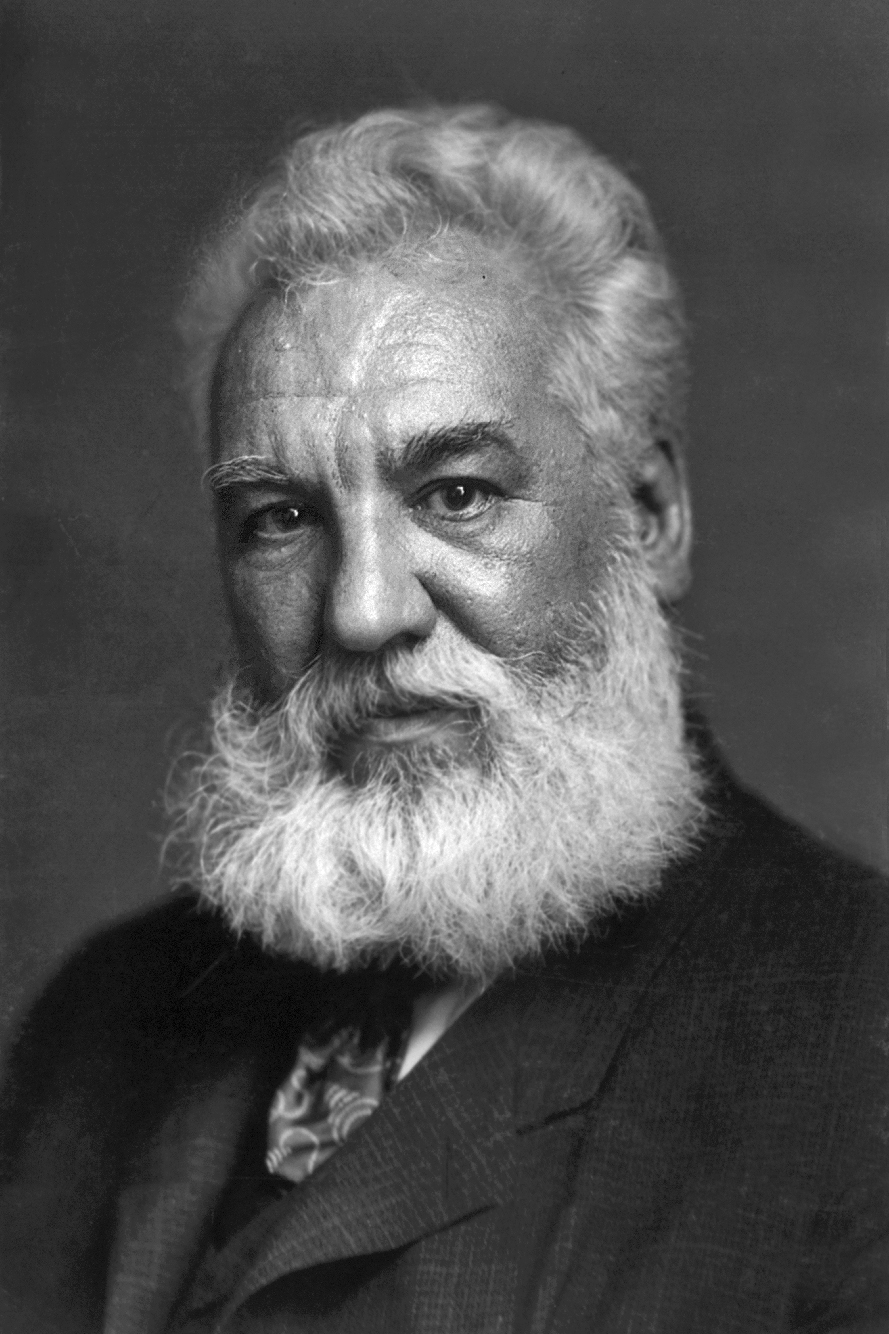World Hearing Day: Alexander Graham Bell’s Legacy
Written By: Melody Bertrand and Gayla Guignard
 World Hearing Day is on March 3, the same day as Alexander Graham Bell’s birthday. World Hearing Day is an initiative of the World Health Organization that brings global attention to issues about hearing loss. Today, more and more babies who are born deaf are being identified as having a hearing loss and receiving early intervention services earlier than ever before. Through early intervention and with advances in technology, children who are born deaf and hard of hearing are learning to listen and talk.
World Hearing Day is on March 3, the same day as Alexander Graham Bell’s birthday. World Hearing Day is an initiative of the World Health Organization that brings global attention to issues about hearing loss. Today, more and more babies who are born deaf are being identified as having a hearing loss and receiving early intervention services earlier than ever before. Through early intervention and with advances in technology, children who are born deaf and hard of hearing are learning to listen and talk.
It seems quite fitting that World Hearing Day falls on Alexander Graham Bell’s birthday. For those who know the life and work of Alexander Graham Bell intimately, the data and trends of today are not much different from Bell’s own work. Bell passionately sought to educate teachers of the deaf on how to help children with hearing loss use their residual hearing. We see much of that same passion and drive in today’s Listening and Spoken Language Specialists. In Bell’s own words, “The child listens and listens, until a model is established in the mind. Then the child commences to imitate, not elementary sounds, but whole words.” The principles of that statement still apply to the development of Listening and Spoken Language today, but, now, many children are identified and fitted with hearing technology in infancy and move from learning to listen to development of spontaneous speech and language quickly. How exciting it would have been for Dr. Bell to converse with the children, teens and adults of this century!
Bell was just as passionate about helping teachers as he was about the children themselves. His goal was not just to build listening and language skills but to help the child participate fully in mainstream society, living and working independently.
In conversations with Bell’s family, it was clear that although he made great contributions to the modern telecommunications and scientific world, he really had passion for helping children who were deaf.
“He wanted to help children become educated and self-reliant adults. And help enable them to fully participate in mainstream society,” said Sara Grosvenor, Bell’s great, great granddaughter.
“Bell’s goal was to prevent isolation. To enable deaf individuals to learn to communicate and participate fully in society the way hearing people do,” said Jim Watson, Bell’s great, great grandson.
Bell himself was an extraordinary man, with ideas well ahead of his time. “I think one of the things that’s important to who Bell was as a person is that his interests involved things like challenges that the world is going to be facing in the future. He was talking about greenhouse gas, alternative fuels, recycling and access to clean drinking water…so he was really a humanist,” said Watson.
“He had a wonderful sense of humor,” noted Grosvenor. “His impishness and his willingness to consider ideas in the name of science were key. It’s just very important that he had an open mind.”
As the association dedicated to continuing his work, the Alexander Graham Bell Association for the Deaf and Hard of Hearing will be marking World Hearing Day, celebrating the advances in early hearing detection and intervention, and highlighting the work and life of an extraordinary man.
These resources contain more information about Bell’s contributions to today’s Listening and Spoken Language development:
- Special Volta Voices issue: Celebrating 125 Years of Progress and Innovation
- AG Bell Oral History Project
- “Reluctant Genius: Alexander Graham Bell and the Passion for Invention” by Charlotte Gray.
For more information about World Hearing Day, please visit www.agbellworldhearingday.com
